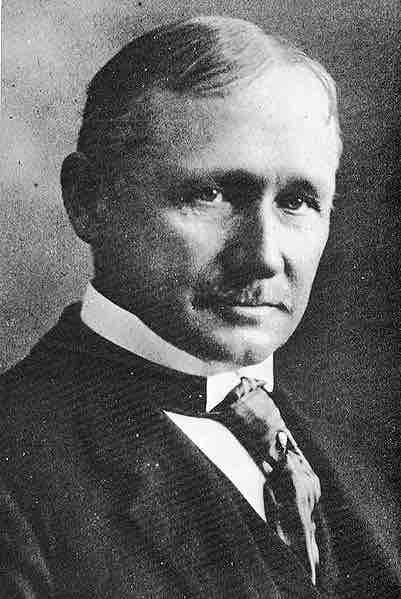Scientific management, also called Taylorism, is a theory of management that analyzed and synthesized workflows. Its main objective was improving economic efficiency, especially labor productivity. It was one of the earliest attempts to apply science to the engineering of processes and to management. Its development began with Frederick Winslow Taylor in the 1880s and 1890s within the manufacturing industries. Its peak of influence came in the 1910s, but by the 1920s, its influence started to dwindle. The 1920s saw the beginning of an era of competition and syncretism with opposing or complementary ideas.

Frederick Taylor
Scientific management, also called Taylorism, is a theory of management that analyzed and synthesized workflows.
Although scientific management as a distinct theory or school of thought was obsolete by the 1930s, most of its themes are still important parts of industrial engineering and management today. These include analysis; synthesis; logic; rationality; empiricism; work ethic; efficiency and elimination of waste; standardization of best practices; disdain for tradition preserved merely for its own sake or merely to protect the social status of particular workers with particular skill sets; the transformation of craft production into mass production; and knowledge transfer between workers and from workers into tools, processes, and documentation.
Features of Scientific Management
- Social philosophy, a promise of reform through growth and expansion
- Application of engineering principles to the industrial system of the production
- Time and motion studies to ensure efficiency
- Standarization
- Factory work to be planned, coordinated, and controlled under expert direction
- Information centralized/controlled in planning department, which increases potential for survillance and controlling the production process
- Expert directions by engineers, factory planning, time and motion studies, standardization, and the intensive division of labors
Taylor proposed a "neat, understandable world in the factory, an organization of men whose acts would be planned, coordinated, and controlled under continuous expert direction. " Factory production was to become a matter of efficient and scientific management—the planning and administration of workers and machines alike as components of one big machine.